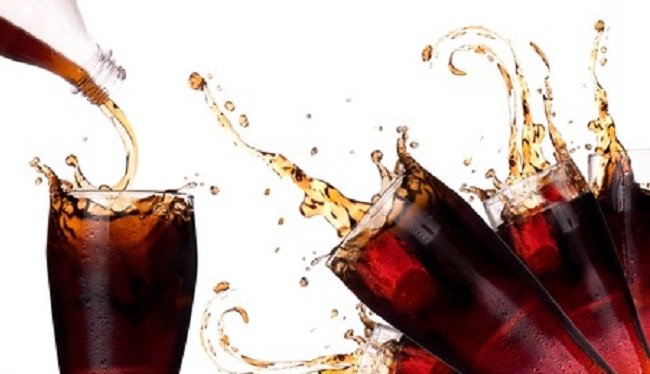Inside BENEO’s new pulse plant: pioneering sustainable protein from faba beans
This will represent a 33 per cent overall reduction in average added sugars over the last two decades
On the occasion of its 63rd anniversary, UNESDA or the Union of European Soft Drinks Associations, representing Europe’s soft drinks industry, has announced new and enhanced health and nutrition commitments to continue to help Europeans manage their intake of added sugars from soft drinks.
At a time of evolving consumer preferences and increasing public health expectations, these commitments are the industry’s contribution to making the healthier choice become the easy choice under the umbrella of the EU Farm to Fork Strategy and its code of conduct for responsible business and marketing practices.
Amongst these commitments is the pledge to reduce average added sugars in soft drinks by another 10 per cent from 2019-2025 across the EU-27 and the UK. This will represent a 33 per cent overall reduction in average added sugars over the last two decades, building on past sugar reduction milestones that the industry achieved from 2015 to 2019 (14.6 per cent reduction on average) and from 2000 to 2015 (13.3 per cent reduction on average).
The soft drinks industry will deliver on this new commitment through a wide range of accelerated actions, including changing recipes to reduce sugars in its drinks whilst maintaining great taste. In addition, it will continue to innovate to develop new no- or low-calorie products with different sweetness levels and it will increase the availability and range of small packs to support portion control and enable moderate consumption. The industry will also continue promoting no- and low-sugar/calorie beverages to actively encourage consumer choice towards these products.
The other new commitment announced by Europe’s soft drinks industry is related to its marketing and advertising to children. The industry will raise the minimum age limit to 13 years old and lower the audience threshold to 30 per cent so that in practice fewer young children will be directly exposed to advertising for any of its soft drinks.

